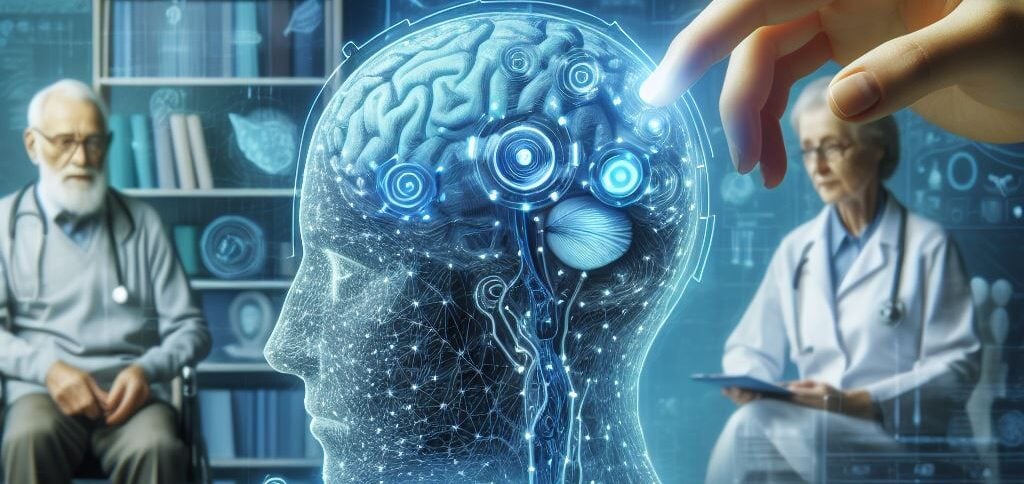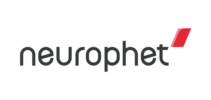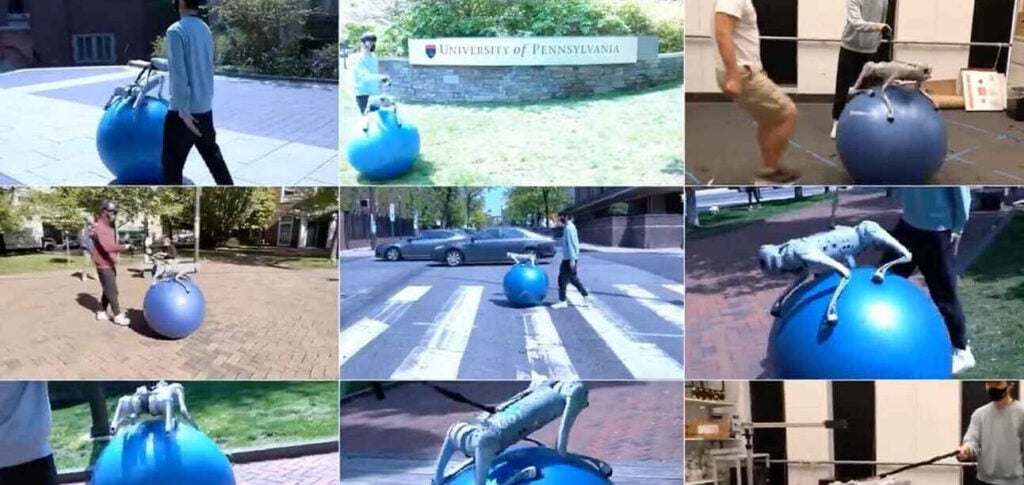Imagine your gut as a mini-city full of bacteria! These bacteria help you digest food, but they can also influence brain health. A study investigated the link between these intestinal bacteria and Alzheimer.
ADVERTISING
Normally, analyzing all possible interactions between the chemicals produced by bacteria (metabolites) and the receptors on brain cells would be very time-consuming. That's where the artificial intelligence (AI).
🇬🇧 Subscribe to the best newsletter about AI (in English 🇬🇧) (I.e. Sign it the best newsletter about AI (in Portuguese 🇧🇷)
AI, like an intelligent super-helper, quickly analyzed more than 1 million of these interactions to see which ones could be related to Alzheimer's. It was like looking for needles in a haystack, but very efficiently.
Furthermore, the AI classified these interactions based on their chance of influencing Alzheimer's. To do this, she took into account various information, such as genetic and protein studies, shapes of the molecules involved and effects of metabolites on patients' brain cells.
ADVERTISING
Thanks to AI, scientists discovered that one of these metabolites – called agmatine – appears to have a protective effect on brain cells. Experiments have shown that agmatine can reduce inflammation and damage associated with Alzheimer's.
This study paves the way for new research and treatments:
- Agmatine and other beneficial metabolites could become targets for future Alzheimer's drugs.
- AI can help identify specific gut bacteria that produce healthy metabolites, enabling personalized treatments.
- We can better understand how gut bacteria influence brain health and contribute to various diseases.
In short, artificial intelligence was essential in unraveling the complex relationship between gut bacteria, metabolites and brain cells, potentially leading to new knowledge and treatments for Alzheimer's and other diseases.
Read also
* The text of this article was partially generated by artificial intelligence tools, state-of-the-art language models that assist in the preparation, review, translation and summarization of texts. Text entries were created by the Curto News and responses from AI tools were used to improve the final content.
It is important to highlight that AI tools are just tools, and the final responsibility for the published content lies with the Curto News. By using these tools responsibly and ethically, our objective is to expand communication possibilities and democratize access to quality information. 🤖
ADVERTISING
Looking for an Artificial Intelligence tool to make your life easier? In this guide, you browse a catalog of AI-powered robots and learn about their functionalities. Check out the evaluation that our team of journalists gave them!





